In 2025, the UK cannabis industry is emerging as a model for how environmental responsibility and high-quality medical cultivation can coexist. Leading this charge is Glass Pharms, a pioneering producer that has developed a carbon-neutral indoor cannabis operation powered by renewable energy. Their innovative approach not only challenges the common perception that indoor cultivation is inherently energy-intensive but also sets a precedent for sustainable cannabis production worldwide. By rethinking how energy is sourced, how waste is managed, and how cultivation systems operate, the UK is positioning itself at the forefront of eco-conscious cannabis innovation.
Rethinking Indoor Cannabis Energy Use
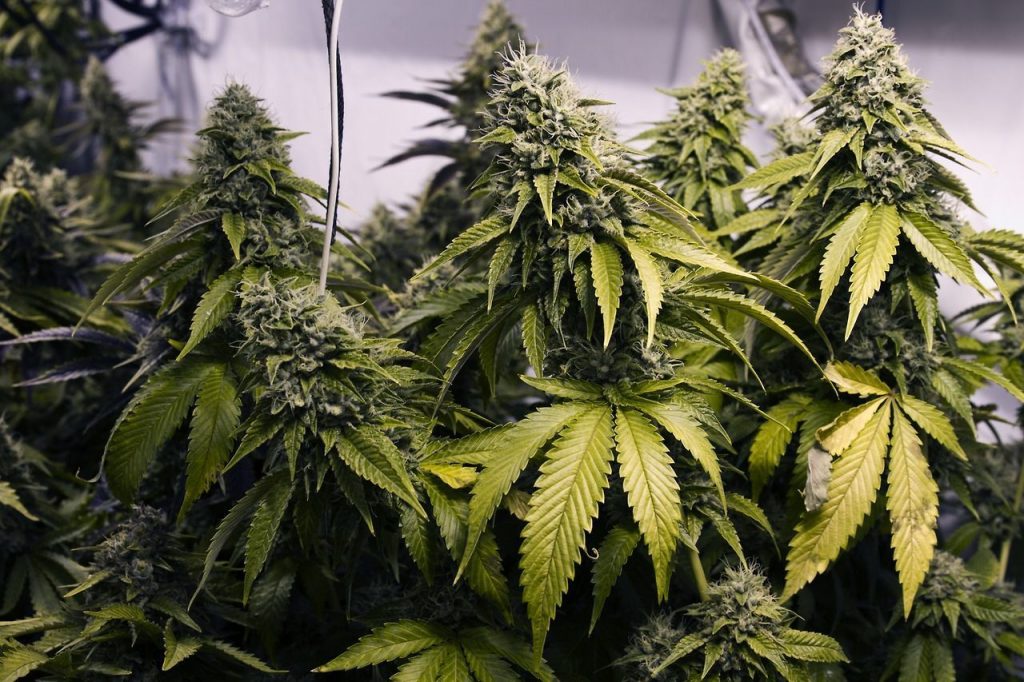
Indoor cannabis cultivation traditionally consumes vast amounts of electricity for lighting, climate control, and irrigation systems, often relying on fossil fuel-based grids. Glass Pharms has addressed this challenge by integrating its operations with an anaerobic digestion plant, which generates renewable heat and power from organic waste. This closed-loop energy solution supplies the cultivation facility with a consistent, carbon-neutral power source, drastically reducing its reliance on conventional electricity. By transforming waste into energy, they not only cut emissions but also reduce the operational costs that typically burden indoor grows.
Heat Recovery and Climate Control Innovation
One of the most significant sustainability hurdles in indoor cultivation is maintaining the precise temperature and humidity levels cannabis requires. Glass Pharms’ integration with the anaerobic digestion system allows them to recover heat from the process and reuse it for climate control. This means less energy is wasted, and environmental conditions remain stable year-round. Precise control over these variables not only supports optimal plant growth but also enhances terpene and cannabinoid profiles, ensuring that sustainability does not come at the expense of quality.
Water Conservation Through Closed-Loop Systems
Water use is another critical concern in cannabis cultivation, particularly in regions where water scarcity is a growing issue. Glass Pharms employs a closed-loop irrigation and dehumidification system that recycles and purifies water for reuse, significantly reducing freshwater demand. By capturing condensation from dehumidifiers and treating it for reintroduction into the irrigation system, they ensure minimal waste. This approach not only conserves resources but also minimizes the risk of nutrient runoff, protecting surrounding waterways from contamination.
Sustainable Packaging and Supply Chain Practices
Sustainability at Glass Pharms extends beyond the grow room. Their commitment to reducing environmental impact includes sourcing eco-friendly packaging materials and optimizing supply chain logistics to minimize transportation emissions. By using recyclable and compostable packaging, they align product delivery with the same environmental standards upheld in cultivation. Additionally, their proximity to key distribution hubs allows for shorter transport distances, reducing the carbon footprint associated with moving products to market.
The Role of Regulation and Market Demand in the UK
The UK’s regulated medical cannabis market provides a unique environment for sustainable innovation. Stricter quality control requirements encourage the adoption of high-tech solutions that can integrate sustainability from the ground up. Patient demand for cleaner, more environmentally responsible medicine is also shaping how companies operate. Glass Pharms’ success reflects a broader market trend in which sustainability is no longer a niche selling point but a competitive advantage that appeals to regulators, patients, and investors alike.
Setting a Global Benchmark for Sustainable Cultivation
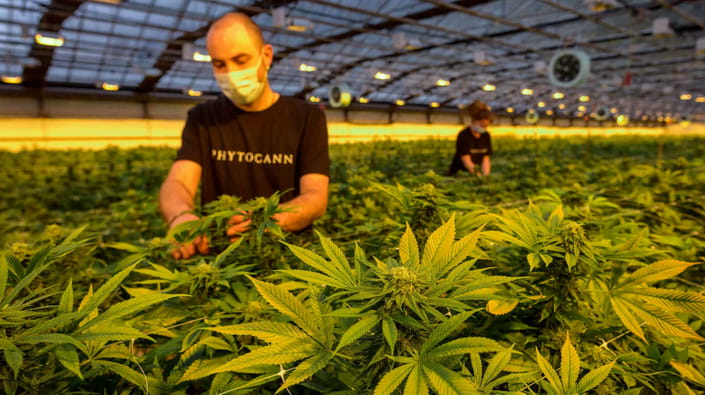
The innovations demonstrated in the UK are resonating beyond national borders. International cannabis producers are closely monitoring how carbon-neutral indoor models can be adapted to different climates, regulatory frameworks, and energy infrastructures. The Glass Pharms example proves that carbon neutrality is not only achievable in a controlled indoor environment but also scalable for commercial production. As more countries develop their cannabis markets, this model could serve as a blueprint for balancing environmental goals with consistent product quality and supply.
By demonstrating that high-quality indoor cannabis can be produced without sacrificing environmental responsibility, the UK is reshaping industry expectations. In 2025, the conversation is shifting from questioning whether sustainable indoor cultivation is possible to exploring how quickly it can become the standard across global markets. If this momentum continues, carbon-neutral cannabis production could soon be the rule, not the exception — setting a greener course for the industry’s future.

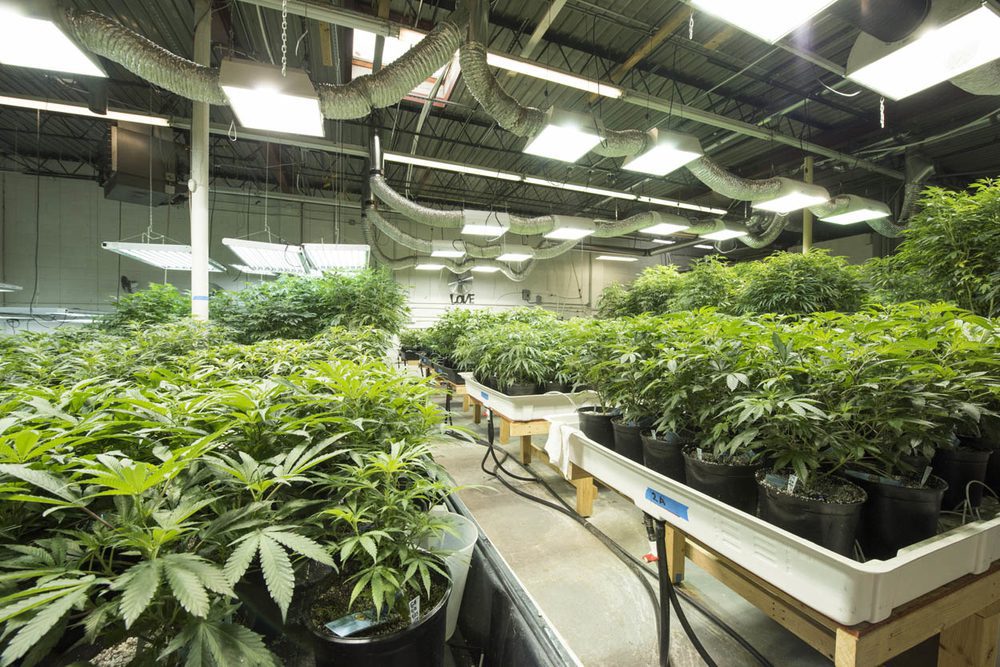
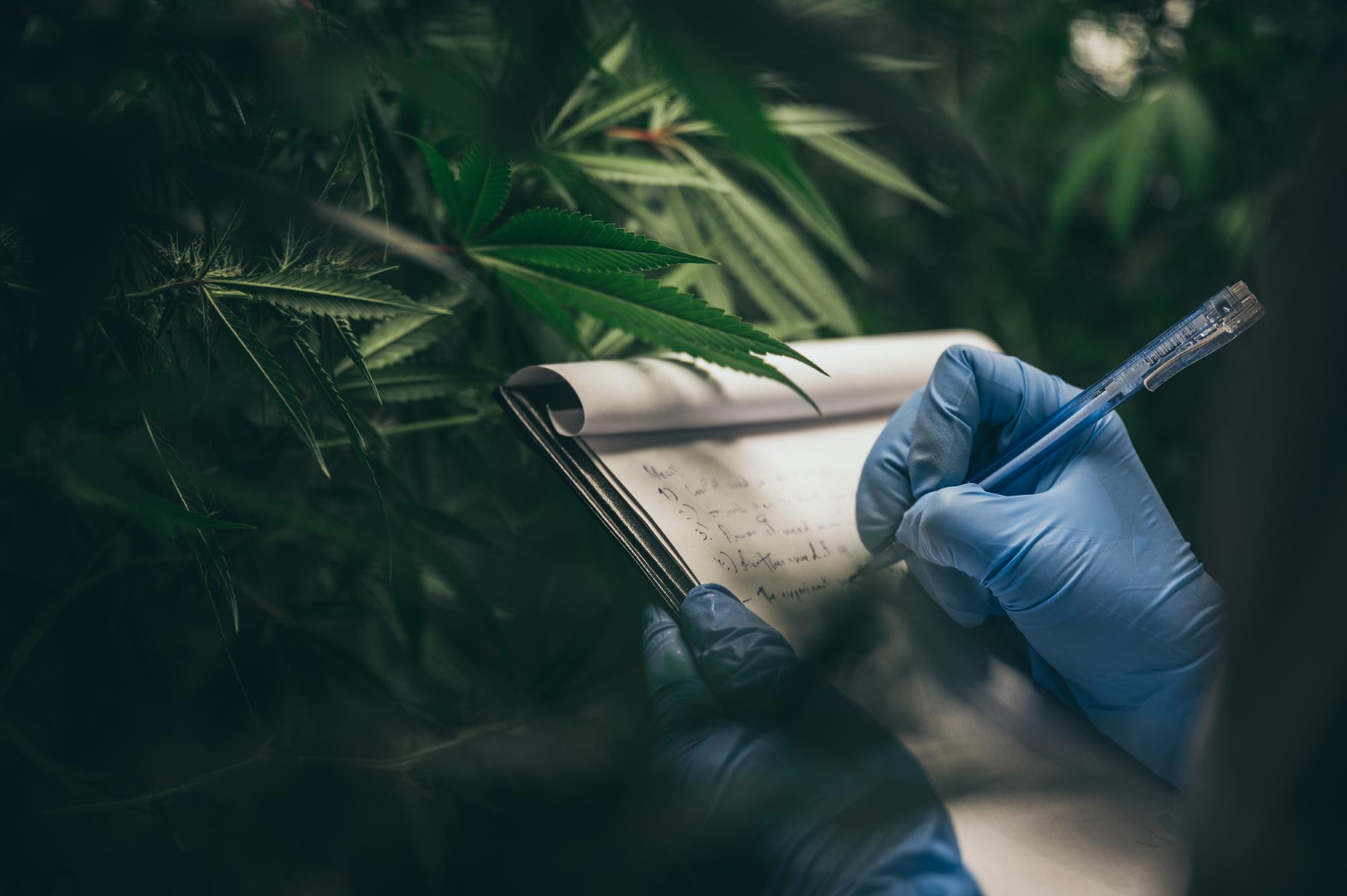

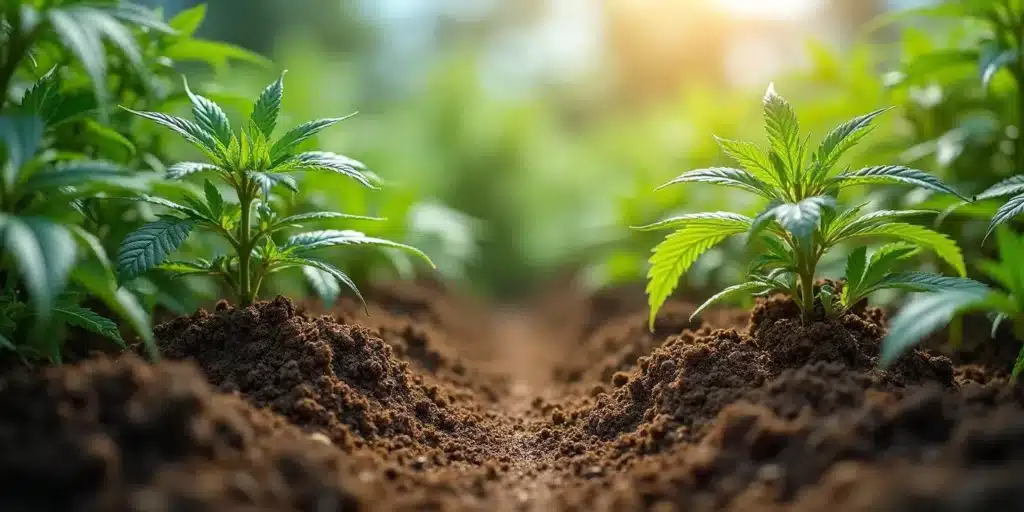
Leave a Reply